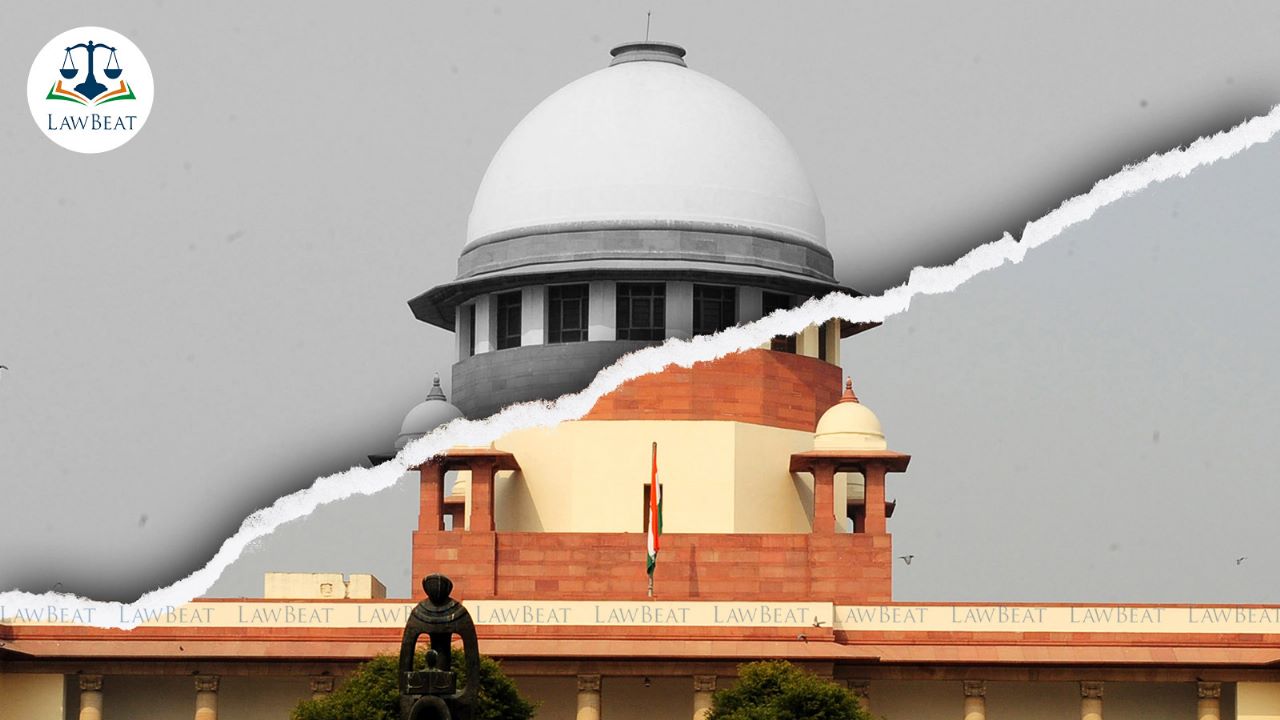Electricity utilities can ask subsequent owner to clear power dues: Supreme Court

The issue that came up before the top court was whether the arrears of unpaid electricity dues outstanding from the erstwhile owner can be claimed from the subsequent owner, who has acquired the property in proceedings initiated to enforce mortgages or to pay off the dues of creditors.
The Supreme Court has declared that the electricity code allows the supplying utilities to recover dues of a previous owner from an auction purchaser or the subsequent owner of a property.
A bench of Chief Justice of India DY Chandrachud and Justices Hima Kohli and PS Narasimha has said the duty to supply electricity under Section 43 of the 2003 Electricity Act is not absolute, and is subject to such charges and compliances stipulated by the Electric Utilities as part of the application for supply of electricity.
"A condition enabling the distribution licensee to insist on the clearance of the arrears of electricity dues of the previous consumer before resuming electricity supply to the premises is valid and permissible under the scheme of the 2003 Act," the bench said.
The court has observed thus while deciding nineteen cases in the batch of appeals originating from States of Kerala, Maharashtra, Gujarat, Assam, and West Bengal.
In light of the provisions contained in the 1910 Act, 1948 Act, and 2003 Act, various Electric Utilities such as State Electricity Regulatory Commissions, State Electricity Boards, and distribution licensees notified conditions of supply requiring the new owner of premises to clear the outstanding dues of the previous owner.
The court examined the issue whether the arrears of unpaid electricity dues outstanding from the erstwhile owner can be claimed from the subsequent owner, who has acquired the property in proceedings initiated to enforce mortgages or to pay off the dues of creditors.
In this regard, the CJI led bench said that the duty to supply electricity under Section 43 is only with respect to the owner or occupier of the premises, and not the premises, as it is the owner or occupier who has the statutory right to “demand” electricity for the premises under their use or occupation.
“Further, it is the applicant who has to fulfil all the statutory conditions laid down under the 2003 Act to become entitled to get supply of electricity to their premises. The applicant has to pay the necessary charges and comply with all terms and conditions as determined by the appropriate commission for the supply of electricity,” Court has said.
The bench further held, “The duty to supply electricity under Section 43 is with respect to the owner or occupier of the premises. The 2003 Act contemplates a synergy between the consumer and premises. Under Section 43, when electricity is supplied, the owner or occupier becomes a consumer only with respect to those particular premises for which electricity is sought and provided by the Electric Utilities”.
Top Court added that for an application to be considered as a ‘reconnection’, the applicant has to seek supply of electricity with respect to the same premises for which electricity was already provided. Even if the consumer is the same, but the premises are different, it will be considered as a fresh connection and not a reconnection, the court has added.
“A condition of supply enacted under Section 49 of the 1948 Act requiring the new owner of the premises to clear the electricity arrears of the previous owner as a precondition to availing electricity supply will have a statutory character," the bench said.
Electricity Supply Code providing for recoupment of electricity dues of a previous consumer from a new owner has a reasonable nexus with the objects of the 2003 Act, the court pointed out.
The implication of the expression “as is where is” basis is that every intending bidder is put on notice that the seller does not undertake responsibility in respect of the property offered for sale with regard to any liability for the payment of dues, like service charges, electricity dues for power connection, and taxes of the local authorities, top court has added.
Case Title: K C Ninan vs. Kerala State Electricity Board & Ors
